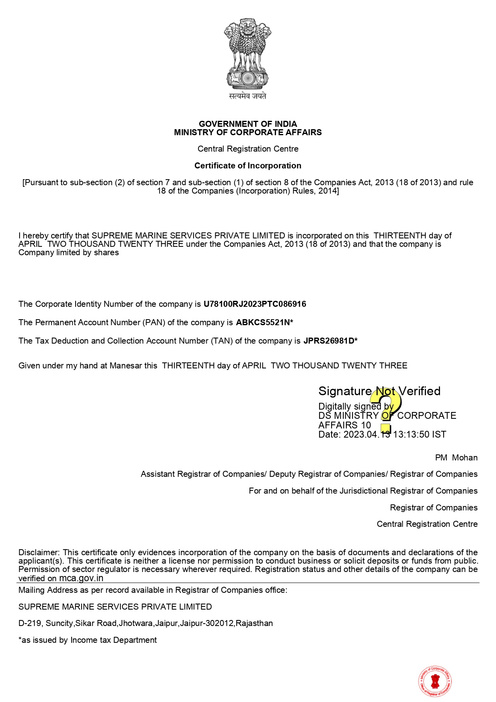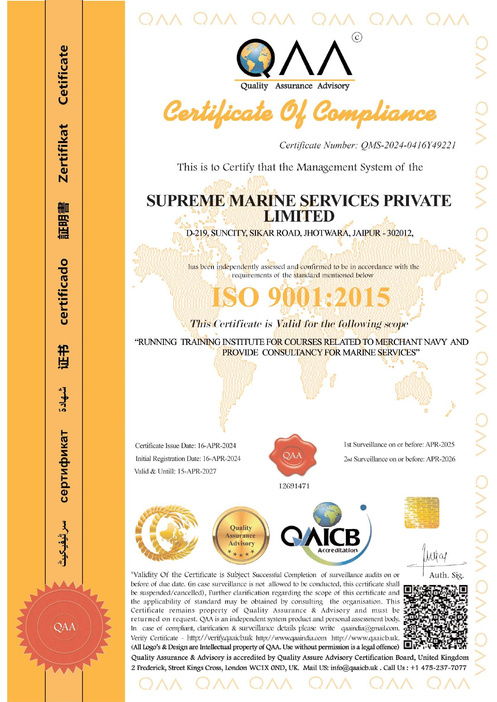Frequently Asked Questions
FAQ'S
Fluency in English depends on the role and workplace requirements. For customer-facing roles, good communication skills in English are often essential to interact effectively. In other positions, basic English may suffice if the job involves minimal verbal interaction. Employers may provide training to help improve language skills if needed. It's always helpful to have a willingness to learn and improve over time.
The minimum age to work on a cruise ship is typically 18 years, but some positions may require you to be 21 years old, depending on the company and role. For example, jobs involving alcohol service often require candidates to be at least 21.
Applicants must meet health and fitness requirements, as cruise ship work can be physically demanding. Additionally, you should hold a valid passport and, in some cases, specific visas or certifications (like STCW for maritime safety).
Age requirements may vary by cruise line, so it's best to check specific company policies.
If you haven’t heard back after applying, here are some possible reasons:
High Volume of Applications: Cruise lines often receive many applications, which can delay response times.
Recruitment Process Timeline: The hiring process for cruise ships can take weeks or even months due to multiple stages like background checks and document verification.
Incomplete Application: Ensure your application includes all required documents and details, as missing information can cause delays.
Role Availability: The position you applied for might not currently be open or has limited vacancies.
Consider following up with the recruiter or company to check your application status, showing your continued interest and professionalism.
Prior work experience is often preferred but not always required to work on a cruise ship, depending on the role.
Entry-Level Roles:
Positions like housekeeping, laundry, or dishwashing may not require prior experience, though a willingness to learn and a positive attitude are essential.
Specialized Roles: Jobs in culinary, entertainment, or technical areas often require relevant work experience or certifications.
Training Provided: Many cruise lines offer training programs for new hires to meet industry standards.
If you lack experience, highlight transferable skills such as teamwork, adaptability, and customer service in your application.
Yes, most managerial positions on cruise lines typically require prior experience, preferably in the cruise industry or a similar hospitality environment.
Relevant Industry Experience: Managers are expected to have a strong background in their field, such as hotel management, food and beverage, or guest services.
Leadership Skills: Experience in supervising teams, problem-solving, and handling high-pressure situations is essential.
Cruise-Specific Knowledge: While prior cruise line experience is not always mandatory, familiarity with ship operations, safety protocols, and international standards is a significant advantage.
Candidates without cruise experience but with strong managerial and hospitality backgrounds may still be considered if they demonstrate adaptability and leadership potential.
The process of joining a cruise ship can take anywhere from 4 weeks to several months, depending on the company and role.
Application Review: Initial screening of your resume and documents may take a few weeks.
Interviews: You might go through one or more interview rounds, including phone or video interviews.
Background Checks: Companies conduct criminal record checks and employment verifications, which can take time.
Medical and Certifications: You must complete a medical exam and obtain required certifications like STCW, which can add a few weeks.
Visa Processing: For international roles, obtaining necessary visas can delay the process. The timeline varies, so staying in regular contact with the recruitment team is helpful.
The process of joining a cruise ship can take anywhere from 4 weeks to several months, depending on the company and role.
Application Review: Initial screening of your resume and documents may take a few weeks.
Interviews: You might go through one or more interview rounds, including phone or video interviews.
Background Checks: Companies conduct criminal record checks and employment verifications, which can take time.
Medical and Certifications: You must complete a medical exam and obtain required certifications like STCW, which can add a few weeks.
Visa Processing: For international roles, obtaining necessary visas can delay the process. The timeline varies, so staying in regular contact with the recruitment team is helpful.
Accommodation on board a cruise ship typically varies depending on your role and the cruise line.
Crew Cabins: Most crew members share small cabins with one or more people, often with basic furnishings like bunk beds, a desk, and storage.
Crew Cabins: Most crew members share small cabins with one or more people, often with basic furnishings like bunk beds, a desk, and storage.
Facilities: Crew accommodations are functional, with shared bathrooms and laundry facilities. Some ships have dedicated crew areas with lounges, gyms, and recreational spaces.
Privacy: Privacy is limited in shared cabins, but cruise lines ensure that cabins meet basic living standards for comfort and safety.
Upgrades: Higher-ranking positions may have more spacious or private rooms.
Overall, while crew accommodations are modest, they are designed to meet the needs of working on board while offering essential comforts.
Company Certificates



